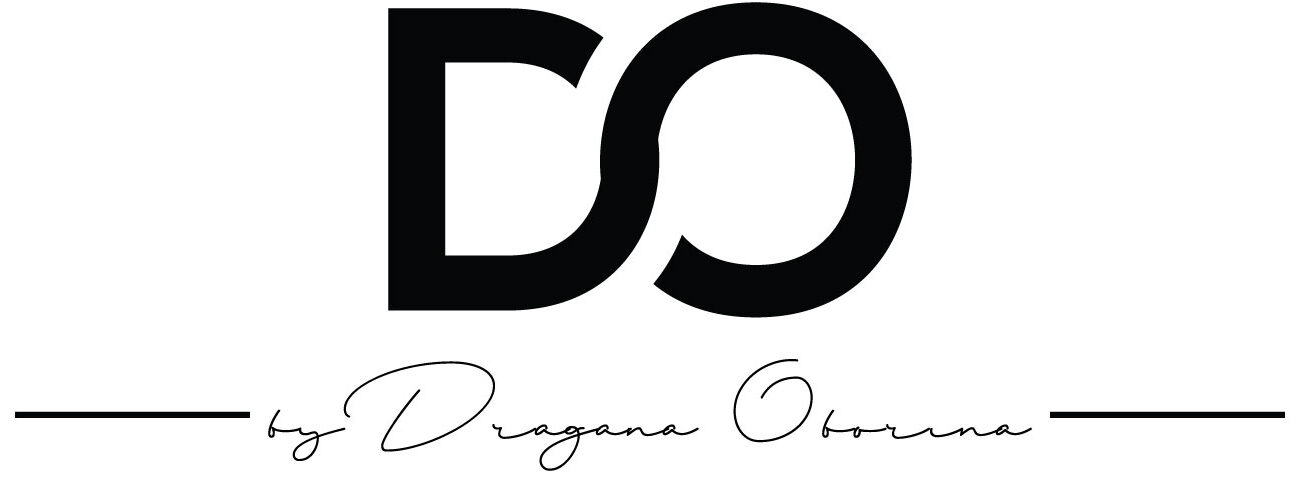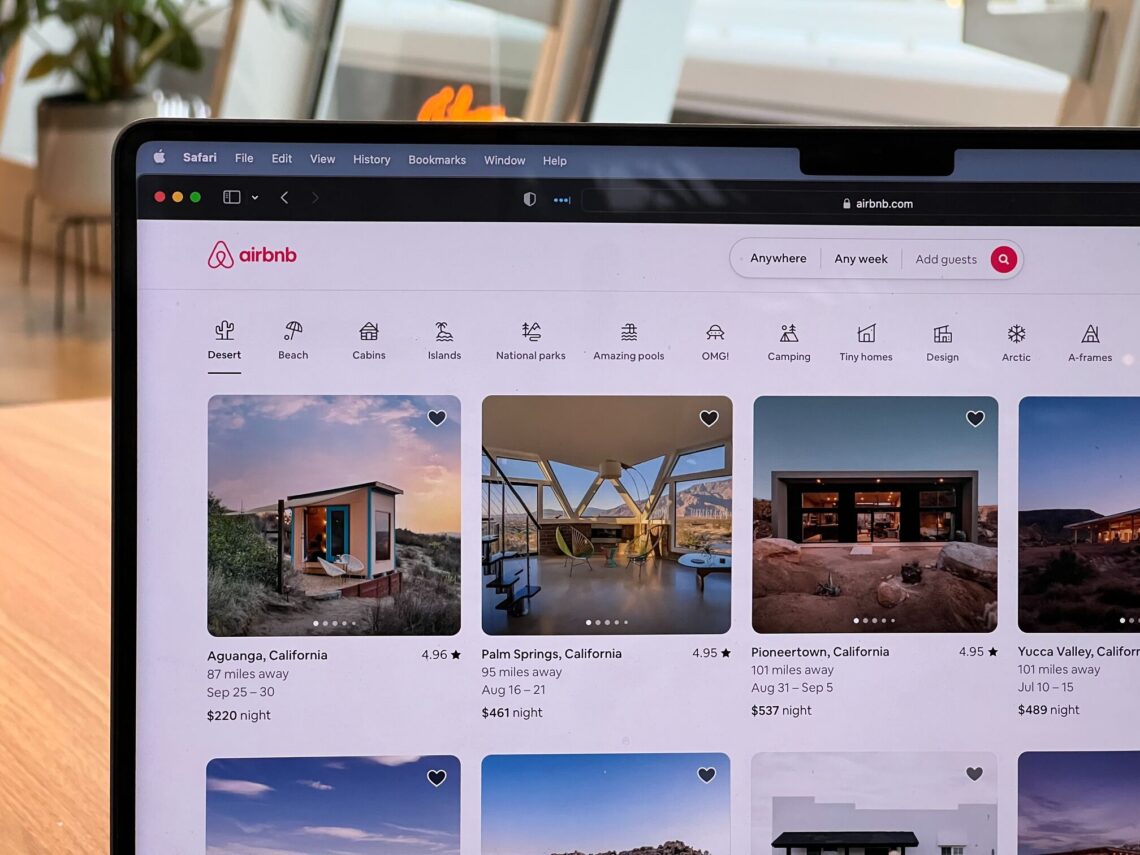As Airbnb’s business has grown, so too has the number of dangerous incidents occurring in Airbnb rentals. While some of these incidents could have occurred in any type of accommodation, others were facilitated by hosts using the platform. These incidents range from suitcases thrown out of windows to sexual assaults and gas leaks. One notable incident occurred in 2015 when an Australian woman was raped in an apartment in Manhattan that was rented through Airbnb. The company responded quickly to the incident, relocating the woman to a hotel and covering any health and counseling costs. However, the story had not been made public until 2021, partly due to the fact that Airbnb paid the victim a settlement of $7 million two years after the incident. In return, the woman agreed not to discuss the matter and could not imply that either Airbnb or the host were responsible or liable for what had occurred. Another incident involved an Airbnb host in Barcelona who raped two American women after giving them alcohol. When police searched his apartment, they found hundreds of similar photos of other victims. The perpetrator was sentenced to 12 years in prison and banned for life from Airbnb. The company also paid an undisclosed amount to the two women.
According to Carville (2021), Airbnb has settled numerous cases related to assaults and crimes that have occurred on its platform for undisclosed amounts, preventing victims from blaming or suing the company. The company’s terms of service agreement, which requires confidential arbitration in the event of a dispute, is a key reason for preventing incidents from going to court. Two cases that did make it to court include Leslie Lapayowker’s lawsuit against Airbnb after being assaulted by a host in Los Angeles. Lapayowker argued that Airbnb had created a false sense of security by using the words “trust” and “safety” on its website, and that the company had not performed a thorough background check of the host. The company settled the case for an undisclosed amount. Furthermore, the family of Carla Stefaniak, a woman who was murdered while staying at an Airbnb rental in Costa Rica, also filed a lawsuit against the company for failing to perform a background check on the security guard at the complex where she was staying in Costa Rica. The guard was later convicted of her murder, and Airbnb settled the case for an undisclosed amount.
One of the deadliest incidents that Airbnb has experienced was the shooting at an Airbnb party in Orinda, California on Halloween, which resulted in the death of five people. The incident was caused by a guest who had a history of complaints and had triggered an internal safety warning from Airbnb. In response, Airbnb announced new safety measures, including a ban on house parties, verification of the safety and cleanliness of all listings, and a system to flag high-risk reservations. The company also announced $150 million in trust-and-safety spending, including the establishment of a 24/7 safety hotline. However, some families of the victims criticized Airbnb for keeping this property listing available despite multiple complaints, and there were reports of the company haggling over the victims’ funeral bills.
All of these incidents were handled by Airbnb’s safety team known as the ‘black box.’ Airbnb’s safety agents were tasked with prioritizing customers in crisis and safeguarding the company’s reputation. Former agents say they have dealt with cases involving sexual assault, violent crimes, and dismembered human remains. Airbnb spent around $50 million annually on payouts. Although the company claims that less than 0.1% of stays result in safety issues, this still amounts to a significant number of trips with negative outcomes. Only the most severe problems were referred to the internal safety team. During the onset of the COVID-19 pandemic, Airbnb made the controversial decision to lay off its entire safety team in Portland, which included 25 of the company’s most experienced agents, leading to criticism from employees and the community. The company is still grappling with safety crises and regulatory battles, including a legal dispute with New York City, which was resolved by agreeing to provide information about its hosts to track illegal listings.
The Airbnb case highlights several communication issues, including a lack of two-way communication, transparency, and dialogue. To delve deeper into the case, we will examine it through the lens of transparency and justice theory. Transparency refers to the intentional provision of all legally releasable information, regardless of its nature, in an accurate, timely, balanced, and unambiguous manner (Rawlins, 2008). The primary goal of transparency is to enhance the public’s ability to make informed decisions while holding organizations accountable for their actions, policies, and practices (Men & Stacks, 2014). According to Balkin (1999) and Rawlins (2008), transparency comprises three dimensions: substantial information, participation, and accountability. The information aspect of transparency entails organizations making all legally releasable information available to the public in a timely, accurate, balanced, and unambiguous manner. The participation aspect of transparency necessitates stakeholder involvement in identifying the information necessary for decision-making. Organizations should include stakeholder voices to determine their information needs and how well the organization is fulfilling them. The third dimension of transparency is accountability. Transparent organizations are responsible for their actions, words, and decisions, as they are subject to scrutiny by others (Rawlins, 2008).
Applying the concept of transparency to the Airbnb case, it is evident that the company has fallen short in terms of providing substantial information to the public. Many of the incidents mentioned in the case were settled for undisclosed amounts, preventing victims and the public from knowing the full extent of the harm caused and the actions taken by Airbnb to address the issues. In terms of participation, it is unclear to what extent Airbnb has involved its stakeholders, such as guests, hosts, and local communities, in identifying the information necessary for decision-making related to safety and security on the platform. While the company has implemented new safety measures and a 24/7 safety hotline, it is uncertain if these changes were based on stakeholder input or solely driven by the company’s internal decision-making process. Additionally, the company’s terms of service agreement, which requires confidential arbitration in the event of a dispute, limits the accountability by keeping incidents out of court and away from public scrutiny.
Justice theory has been applied to crisis and service recovery events to understand how stakeholders react to a firm’s recovery response (Iveson et al., 2022). According to justice theory, customers evaluate the fairness of a service recovery based on three dimensions: distributive fairness, procedural fairness, and interactional fairness. Distributive fairness refers to the customer’s perception of the fairness of the event outcome. Procedural fairness relates to the means and the speed at which the outcomes were delivered. Interactional fairness refers to the manner in which the outcomes were communicated (Iveson et al., 2022).
Justice theory can be applied to the Airbnb case to understand how the victims and other stakeholders evaluate the fairness of the company’s response to the crises and service recovery events. The victims’ perception of distributive fairness would depend on the outcome of the service recovery response. For instance, in the case of the Australian woman who was raped in an Airbnb apartment in Manhattan, the company responded quickly by relocating her to a hotel and covering any health or counseling costs. However, the fact that Airbnb paid the victim a settlement of $7 million two years after the incident, partly in exchange for her silence, could be perceived by some as an attempt to cover up the incident rather than seeking justice. The means at which the outcomes were delivered could also impact the perception of justice by the victims. Airbnb’s crisis management responds quickly to crises, but this fast response may also be interpreted as an attempt to prevent negative publicity rather than a genuine concern for its customers. The manner in which outcomes are communicated plays a crucial role in shaping perceptions of justice. As an example, in the case of the shooting at an Airbnb party in Orinda, California, some of the victims’ families criticized Airbnb for disputing funeral expenses. Such actions could be perceived as lacking in sensitivity and interactional fairness. Conversely, the implementation of a 24/7 safety hotline and the prohibition of party houses could be viewed as positive steps in improving safety and promoting interactional fairness.
Based on the Airbnb case, communication professionals have an important role to play in ensuring their organizations are transparent about the risks and potential dangers associated with their services. By being transparent about the potential risks on the platform, organizations can also demonstrate their commitment to ensuring the safety and well-being of their stakeholders. Additionally, making policies and guidelines more transparent and understandable for users can help to increase awareness of the limitations and risks of a service.
In terms of justice theory, it is important for communication professionals to consider stakeholders’ reactions to an organization’s recovery response and use them to inform and adjust future crisis responses. In the case of Airbnb, their quick response and generous compensation helped to satisfy the victims and prevent negative word-of-mouth from spreading. However, given the frequency of crises in the industry, it is only a matter of time before the public becomes aware of them, potentially resulting in a massive online backlash. Rather than simply covering up these incidents with compensation, Airbnb should redirect their budget towards addressing the root causes and procedures within the business to prevent them from happening in the first place. Additionally, the platform can involve users in reporting any suspicious or red flags within the units to further improve the safety and transparency of the service.
References
Carville, O. (2021, June 15). Airbnb Is spending millions of dollars to make nightmares go away. Bloomberg. https://www.bloomberg.com/news/features/2021-06-15/airbnb-spends-millions-making-nightmares-at-live-anywhere-rentals-go-away
Iveson, A., Hultman, M., Davvetas, V., & Oghazi, P. (2022). Less speed more haste: The effect of crisis response speed and information strategy on the consumer-brand relationship. Psychology of Marketing, 40(2), 391-407.
Men, L. R., & Stacks, D. W. (2014). The effects of authentic leadership on strategic internal communication and employee-organization relationships. Journal of Communication Management, 18(3), 270-287.
Rawlins, B. L. (2008). Measuring the relationship between organizational transparency and employee trust. Public Relations Journal, 2(2), 1-18.





No Comments